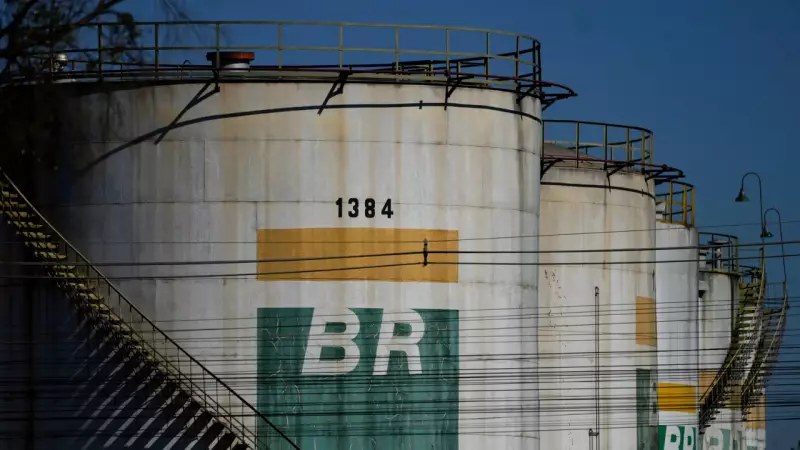
Brazilian officials are walking a diplomatic tightrope as they prepare to host one of the world's most significant environmental gatherings while simultaneously defending their country's contentious oil exploration ambitions.
The Accommodation Challenge
With the prestigious UN climate change conference (COP30) scheduled for 2025 in Belém, located at the mouth of the Amazon River, authorities have moved swiftly to address what could have been a major logistical nightmare. The city, with its limited hotel infrastructure, faced the daunting task of accommodating approximately 30,000 expected delegates.
"We've turned a potential crisis into an opportunity," stated a government representative. Through strategic partnerships with local universities and cruise ship companies, Brazil has secured sufficient lodging, ensuring the smooth operation of this critical global event.
The Oil Controversy
Even as Brazil positions itself as an environmental leader by hosting COP30, the government continues to champion a controversial oil drilling project near the Amazon River delta. The proposed exploration site sits approximately 530 kilometers offshore from Belém—the very city that will welcome world leaders and climate activists.
Environmental organizations have expressed outrage at what they perceive as blatant hypocrisy. "How can Brazil claim climate leadership while pushing for fossil fuel expansion in one of Earth's most vital ecosystems?" questioned a spokesperson for several Brazilian environmental groups.
Government's Defense
Brazilian authorities remain unapologetic about their energy strategy. They argue that the oil project represents a crucial economic opportunity that can coexist with environmental protection measures.
"The world still runs on oil, and until renewable alternatives can fully meet global demand, responsible extraction remains necessary," defended a government energy official. "Our approach balances economic development with environmental stewardship."
Broader Implications
This situation highlights the complex challenges facing developing nations as they navigate the global energy transition. Brazil finds itself torn between:
- Economic development needs and job creation
- International pressure to lead on climate action
- Preservation of vital ecosystems like the Amazon
- Energy sovereignty and national interests
The upcoming climate talks in Belém promise to be particularly charged, with Brazil's dual role as host and oil advocate likely to face intense scrutiny from the international community.





